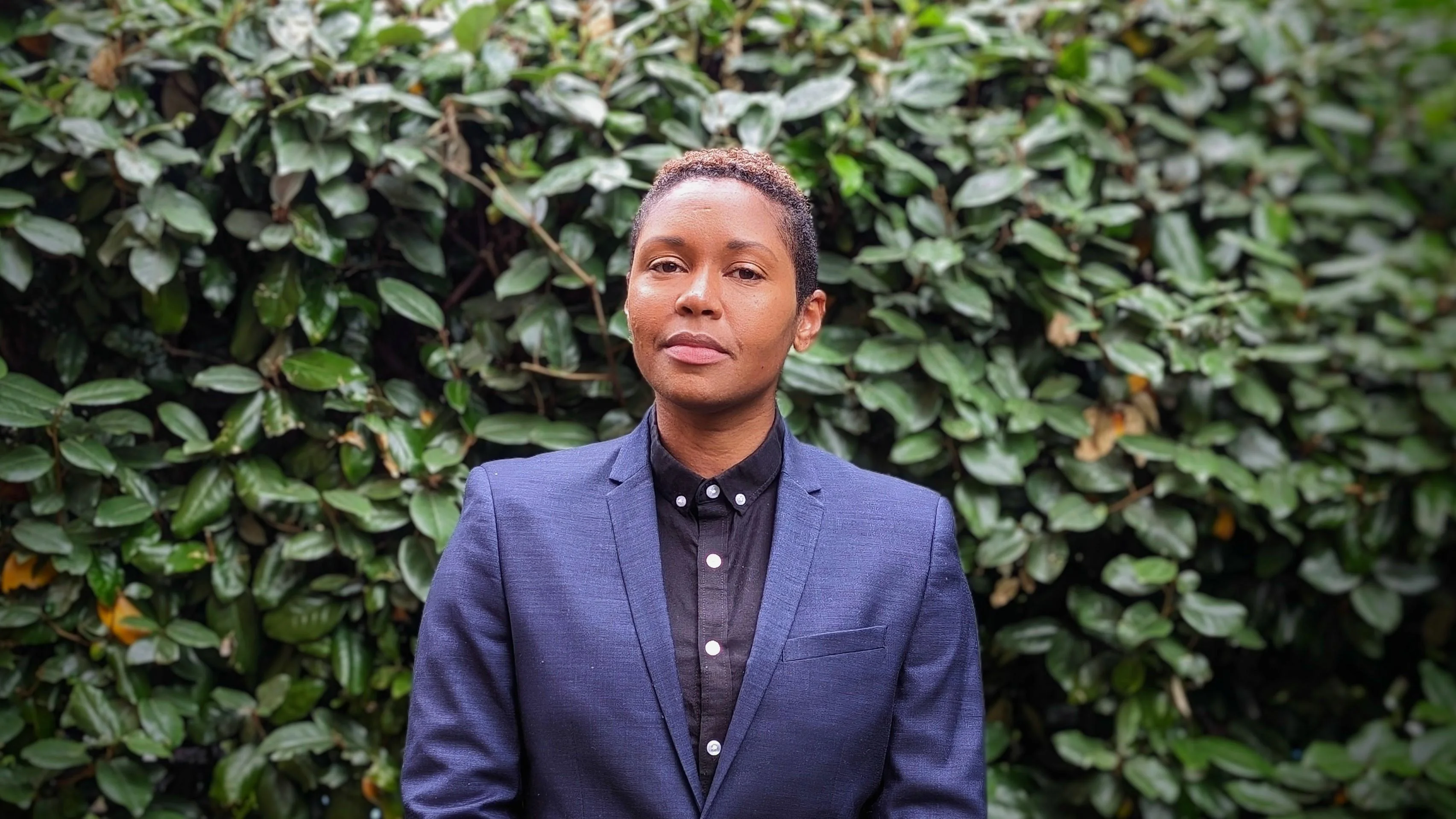Queer African studies reading list


S.M. Rodriguez is Assistant Professor of Gender, Rights and Human Rights and the Director of the MSc Gender (Rights and Human Rights) in the Department of Gender Studies at LSE. They are the author of The Economies of Queer Inclusion: Transnational LGBTI Organizing in Uganda (2019), which used ethnography, interviews, and policy analysis to challenge the scholarly imagination of European and American human rights intervention in LGBTI politics in Africa as inherently helpful. A scholar-activist committed to anti-violence in their community and research, their research joins anti-carceral, Black, and trans feminist approaches to interrogate sex as a political projection unto the body and as an action, especially as related to criminal law and "correctional" practices.
Reading recommendations
African Sexualities: A Reader by Sylvia Tamale
African Sexualities: A Reader is a groundbreaking anthology edited by Sylvia Tamale, a renowned legal scholar and Uganda’s first female Dean of Law. This collection provides the most engaging and inclusive introduction imaginable to the breadth of concerns that African scholars and advocates hold for sexual autonomy, cultures, and justice. Balancing language accessibility and inspirational thought, the book offers empirical research, reflections, and activist campaigns to explore the complex interplay between sexuality and various societal dimensions such as gender, ethnicity, tourism, political economy, and religion. The book serves as an invaluable teaching and learning resource, emphasising the importance of deconstructing colonial legacies, and envisioning liberated African sexualities. I must add that Tamale’s latest book, Decolonization and Afro-Feminisma lso demonstrates a beautifully considered, discipline-defying, epistemic intervention that reshapes what decolonisation can entail. It includes a powerful chapter challenging the coloniality of sex, gender and sexuality, and another on the heteropatriarchal family. The two texts make powerful companions.
Afropolitan Projects by Anima Adjepong
Anima Adjepong’s insightful book builds on Taiye Selasi’s initial formulation of the "Afropolitan" identity and deepens the analysis through an ethnographic study of Ghanaians in Houston, Texas, and Accra, Ghana. Adjepong examines how privileged Africans articulate their identities through everyday practices and cultural politics, as they navigate life between continents. As such, the book challenges traditional notions of diaspora, where populations fixedly reside in one region. Adjepong critically addresses biases within Afropolitan communities, particularly regarding sexual rights, revealing how conservative attitudes often undermine liberatory potential. Through detailed sociological analysis, the book offers a nuanced understanding of Afropolitanism, reflecting the cultural, political, and aesthetic expressions of global belonging rooted in an ideal of Africanness. Crucially, Adjepong keeps a critical eye on gender, culture and the complacency built into class politics.
Queering Colonial Natal: Indigeneity and the Violence of Belonging in Southern Africa by T.J. Tallie
T.J. Tallie presents a critical analysis of the nineteenth-century colony of Natal through queer theory and indigenous studies perspectives. Tallie challenges the notion of an easeful European control with archival documentation of how mission fields and colonial territories were arenas of constant negotiation and resistance. Examining the intersections of race, gender, and sexuality within the colonial legal framework, Tallie uncovers how settler colonialism aimed to enforce Eurocentric norms and regulate indigenous gender and customs such as ilobolo (ritual exchange of cattle) and isithembu (polygamy). Tallie's innovative methodology enriches both historical and queer theoretical studies, making this book a vital resource for understanding the intricate dynamics of colonial and postcolonial African societies. This book stands out for Tallie’s commitment to queer theory, not as an intellectual endeavour limited to the Western conceptualisations of sexual identity, but as a vantage point to challenge coloniality and the production of African bodies and practices as "queer" and thus in need of regulation, punishment, or eradication.
Amphibious Subjects: Sasso and the Contested Politics of Queer Self-Making in Neoliberal Ghana by Kwame Edwin Otu
In "Amphibious Subjects," Kwame Edwin Otu offers an in-depth ethnographic exploration of the lives of sasso, effeminate men in urban Ghana, amidst the country’s backdrop of growing antigay political hostility and LGBTIQ+ advocacy. Otu commits to indigenising queer theory by utilising Kwame Gyekye’s framework of "amphibious personhood." Guided by this conceptual tool, Otu shows how sasso manage fluid identities that reconcile self-determination and expression with the overarching need to belong to community. Importantly, the work builds upon queer African studies’ emerging works demonstrating the complexities of navigating local heteronormative pressures and the often paternalistic and problematic international LGBTIQ+ and rights organisations. Through detailed ethnographic insights and archival research, Otu challenges racialised and homocolonial narratives that depict Africa as inherently homophobic. As such, this study is a significant social science contribution to queer African studies.
Queer in Africa: LGBTQI Identities, Citizenship, and Activism by Zethu Matebeni, Surya Monro, and Vasu Reddy
Matebeni, Monro and Reddy’s edited collection "Queer in Africa" presented a wide-ranging set of commentary on race, humanness, cultural practice, migration, and rights across the continent. The chapters provide different scholarly orientations, but a similar ethos of introducing the reader to their respective contexts and political situations. This work stands out as it notes the contested and varied usages of "queer" even within the submissions, and yet provides a coherent set of critiques about circulations of power and the resilience of non-normative sexualities and genders. As such, the text offers a rich and salient account of queer concerns, resistances, and futurities.
African(a) Queer Presence: Ethics and Politics of Negotiation by S.N. Nyeck
This book considers the intricate epistemological and political dynamics of queerness in Africa, challenging conventional frameworks. Nyeck's work argues that the common conceptualisations of queer identities are rooted in colonial and postcolonial epistemic violence, and thus pushes to Africanise queerness. A more humanities-leaning text than others in the list, Nyeck accomplishes a liberatory analysis through film commentary, focusing on "Proteus" and "Karmen Geï." Altogether, Nyeck proposes an ethical, embodied vision of queerness that emphasises relational possibilities, negotiation, and depth of feeling, rather than contestation and negation.
For additional reading lists, please access their website, www.smrodriguez.com.